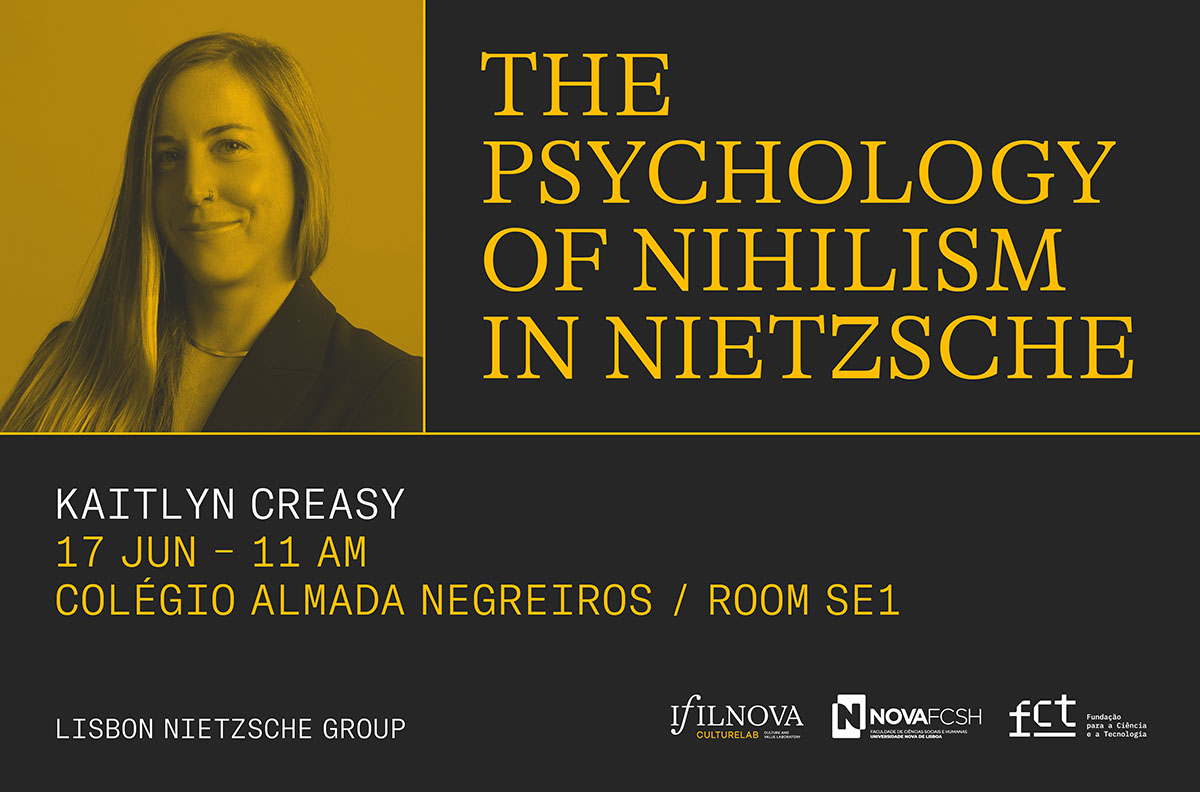Kaitlyn Creasy

‘Nihilism’ is used today to designate a wide range of attitudes. For example, while nihilists may be typified as those who hold certain beliefs about life’s purpose or significance—they believe that there is no purpose or ‘point’ to life—they are also often characterized as rejecting moral values. Nietzsche is concerned with views like these. But he will only designate them ‘nihilistic’ when the person who holds such views (1) finds in them a reason for rejecting life and existence and/or (2) is thereby prevented from manifesting or maintaining her own empowerment, where that involves striving effectively towards her aims and growing in her pursuit of those aims. In other words, Nietzschean nihilism is life-denial: it involves either (1) a negative evaluation of life or (2) a failure to will power successfully (recall Nietzsche’s claim that life is will to power). After developing this account, I argue that while Nietzsche critiques a wide variety of nihilistic phenomena (e.g., psychologies, beliefs, values, and institutions), he is primarily concerned with the life-denying psychological configurations these phenomena perpetuate and produce. Otherwise put, the problem of nihilism in Nietzsche is primarily a matter of nihilism’s psychological manifestation: affective nihilism, understood as will-weakness, or the inability to will power effectively.
Bio
Kaitlyn Creasy is Associate Professor of Philosophy at California State University, San Bernardino. She works on issues in 19th-century European philosophy, moral psychology, and ethics. She is the author of The Problem of Affective Nihilism in Nietzsche (2020), as well as several articles on Nietzsche.
Event supported by the Foundation for Science and Technology (Fundação para a Ciência e para a Tecnologia) of the Portuguese Ministry of Education and Science under the projects UIDB/00183/2020 and UIDP/00183/2020.

